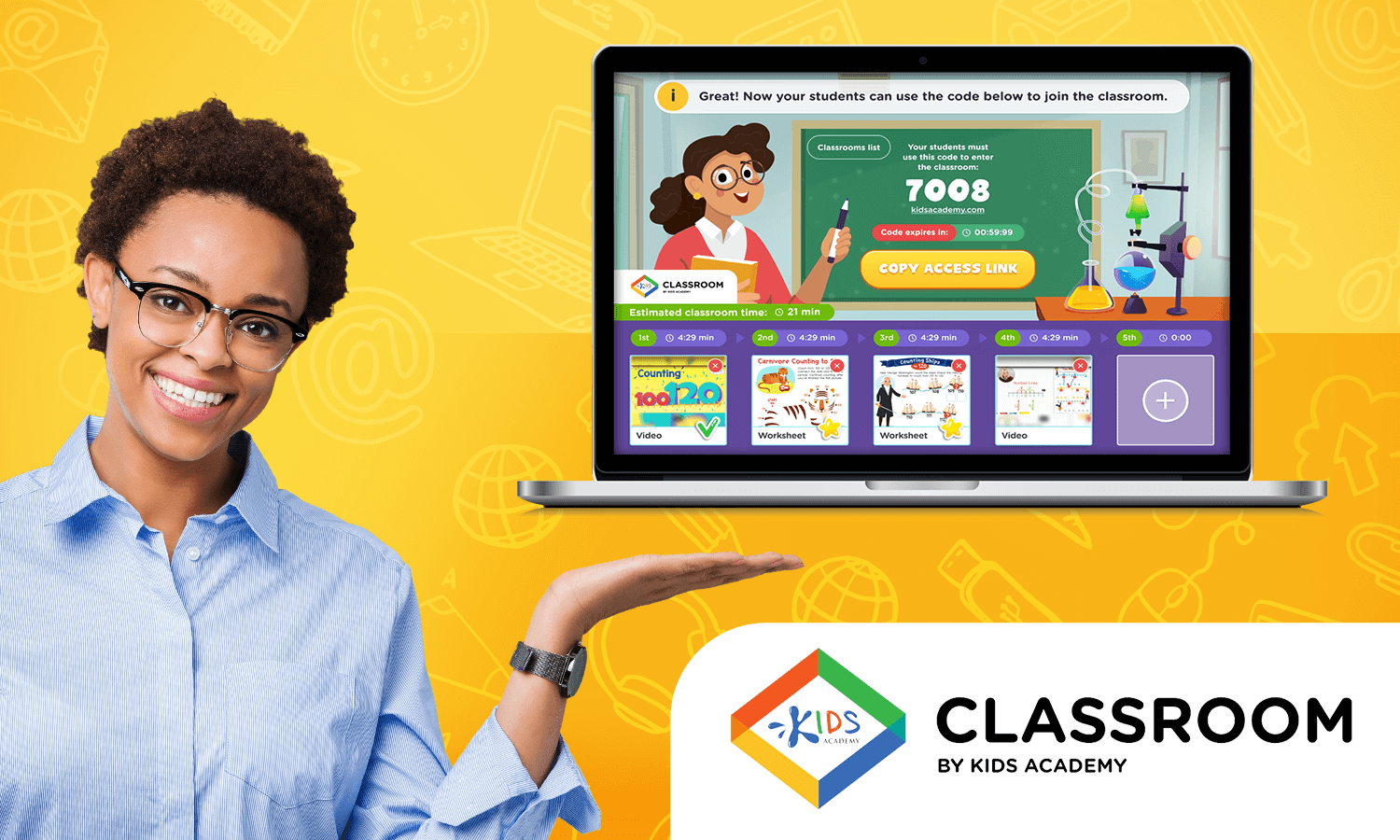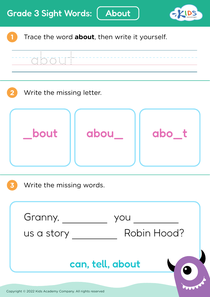Poems Worksheets Activities With Answers for Grade 3
3 filtered results
-
From - To
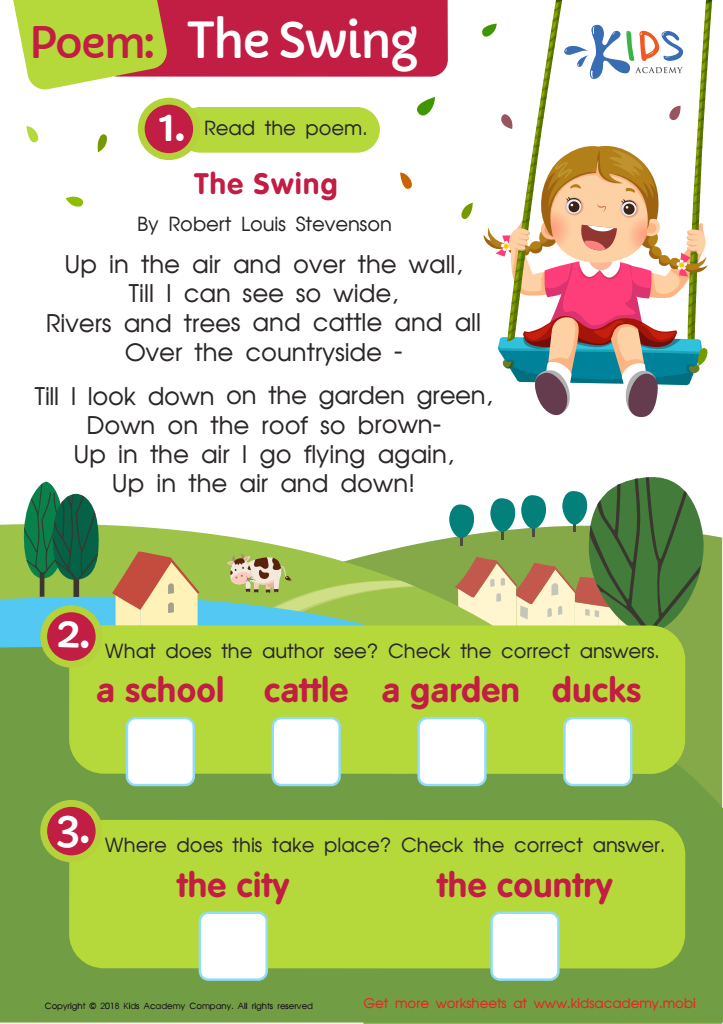

Poem: The Swing Worksheet
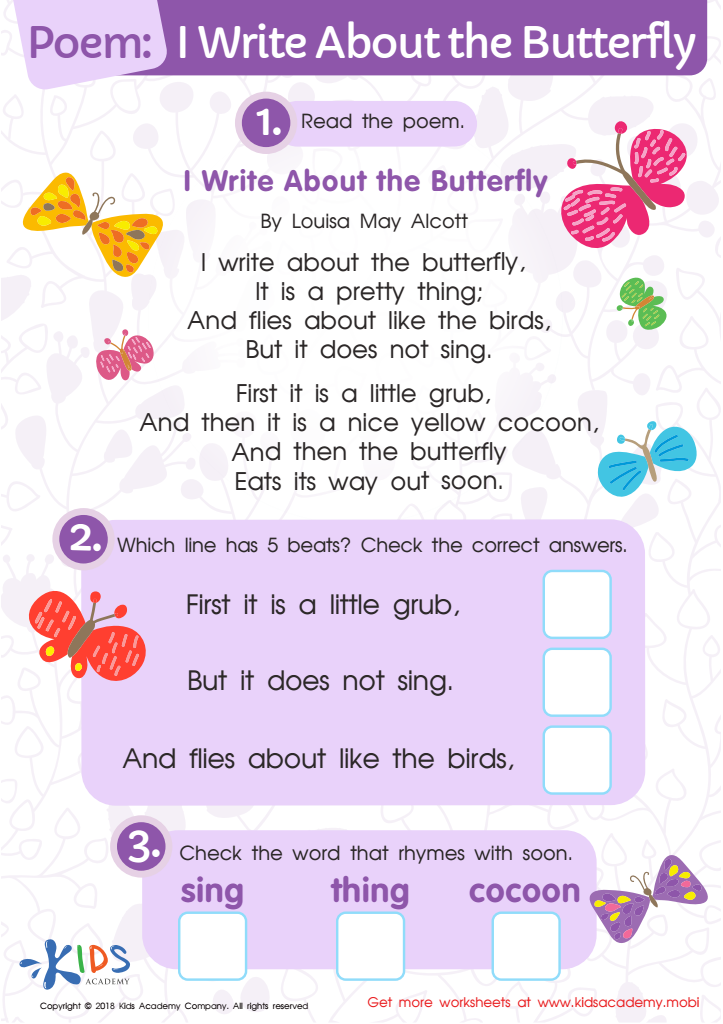

Poem: I Write About The Butterfly Worksheet
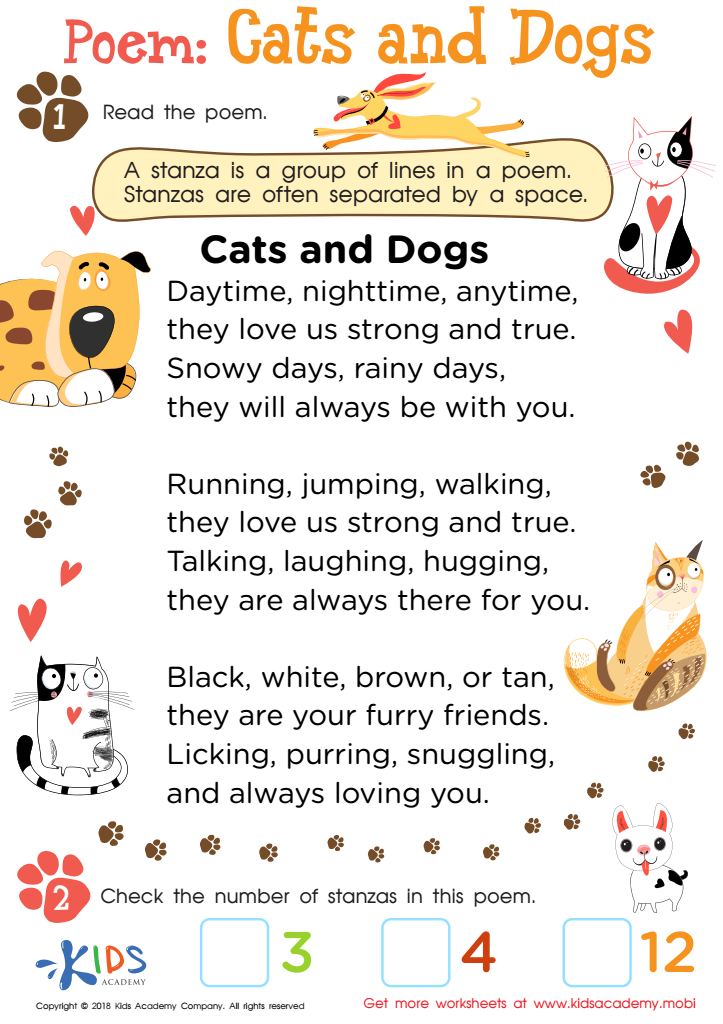

Poem: Cats and Dogs Worksheet
Poems Worksheets Activities With Answers for Grade 3 are a pivotal tool in the development of young learners' literacy and cognitive skills. As children in Grade 3 stand on the threshold of deeper understanding and appreciation of language, engaging them with poetry through structured worksheets can accelerate their journey towards becoming proficient readers and creative thinkers.
Firstly, Poems Worksheets Activities With Answers for Grade 3 introduce students to the beauty and complexity of poetry in an accessible and enjoyable way. Through these activities, children learn to identify and appreciate the rhythm, rhyme, and imagery that make poems unique. This exposure not only enhances their literary tastes but also encourages them to explore their creative impulses.
Moreover, these worksheets are designed to improve comprehension skills. As students work through questions and activities related to the poems, they learn to analyze and interpret the text, making inferences about themes and messages. This critical thinking exercise is crucial for their overall academic development. The inclusion of answers further aids in the self-assessment process, allowing students to evaluate their understanding and educators to identify areas needing reinforcement.
Vocabulary expansion is another significant benefit. Poems often introduce children to new words and phrases in engaging contexts, helping them to assimilate them more easily. Through repeated exposure and application in the worksheets, students can significantly broaden their language repertoire.
Additionally, Poems Worksheets Activities With Answers for Grade 3 foster emotional intelligence. By engaging with the emotions and experiences conveyed through poetry, children learn empathy and gain insights into diverse perspectives and cultures. This emotional learning is as vital as academic achievements in shaping well-rounded and thoughtful individuals.
In conclusion, Poems Worksheets Activities With Answers for Grade 3 are not just another academic requirement; they are a gateway to developing lifelong skills in literacy, critical thinking, creativity, and emotional intelligence. By making poetry an integral part of the curriculum, educators can ignite a passion for language and learning that lasts a lifetime.
 Assign to My Students
Assign to My Students





